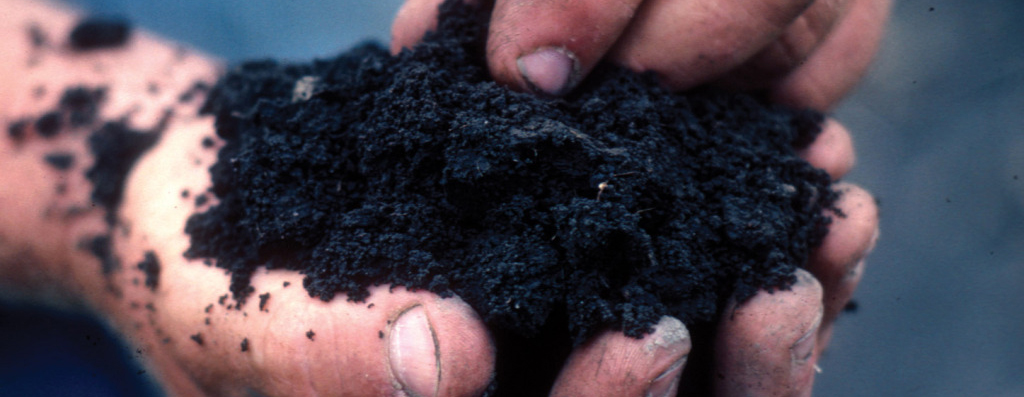
Snapshot: Process Analysis & Improvements in Agricultural Nutrient Management
Improving agricultural practices in nutrient management can potentially mitigate greenhouse gas (GHG) emissions.
Over time, nitrogen use in fertilizer has been increasing to satisfy the food, fiber, and fuel demands of a growing world population. By improving efficiency, fertilizer consumers—farmers—can help to minimize GHG emissions, while sustaining soil resources and contributing to a healthy economy.
The Climate Trust’s data analyst intern, Jordan Disko, is currently evaluating the feasibility of carbon revenue incentives for practice change in agricultural nutrient management. Success will require new processes for collecting and processing nutrient data. The Trust’s research is focused on finding out if existing datasets—or nutrient management data being recorded at the field level by on-board agri-business software packages—are relevant to the carbon markets.
The Trust is exploring the possibility that existing datasets could potentially be repurposed by the farmer to support access to carbon revenues. The data, collected at regular intervals, has significant value moving forward. So far, research findings indicate that a system that brings together technology to organize the stringent requirements of carbon credit development and verification in this sector is possible.
Funded by a grant from The Fertilizer Institute, The Climate Trust will soon issue a report outlining their findings to the USDA. The Trust hopes to encourage participation from both public and private data sources, and developers of the associated hardware and software.